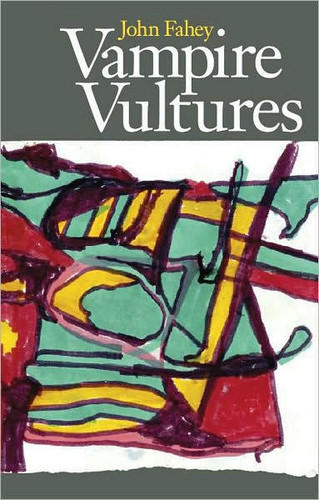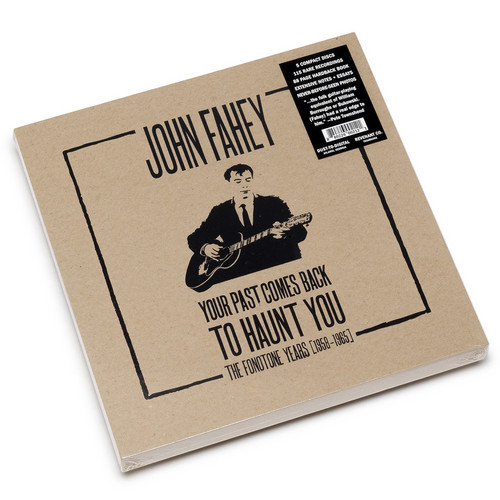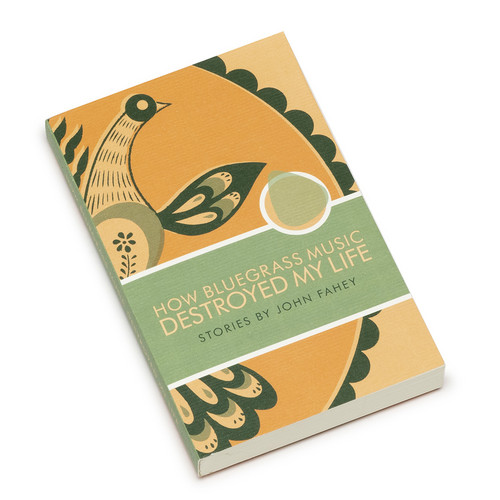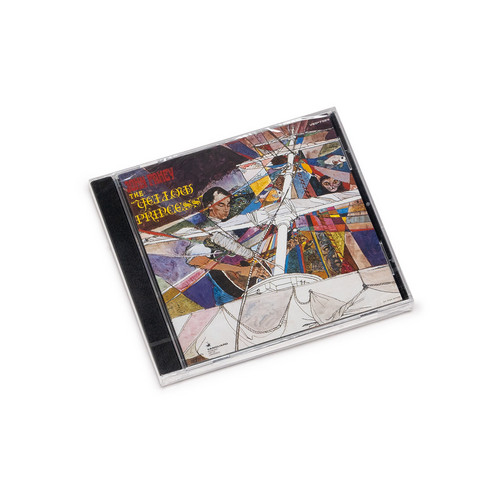John Fahey
John Fahey is the man who introduced the stream of consciousness into folk music, and turned folk music into classical music, and then made it cross the boundaries of western and eastern music. The spiritual father of the "american primitive guitar", Fahey turned the guitar solo into a metaphysical exercise.
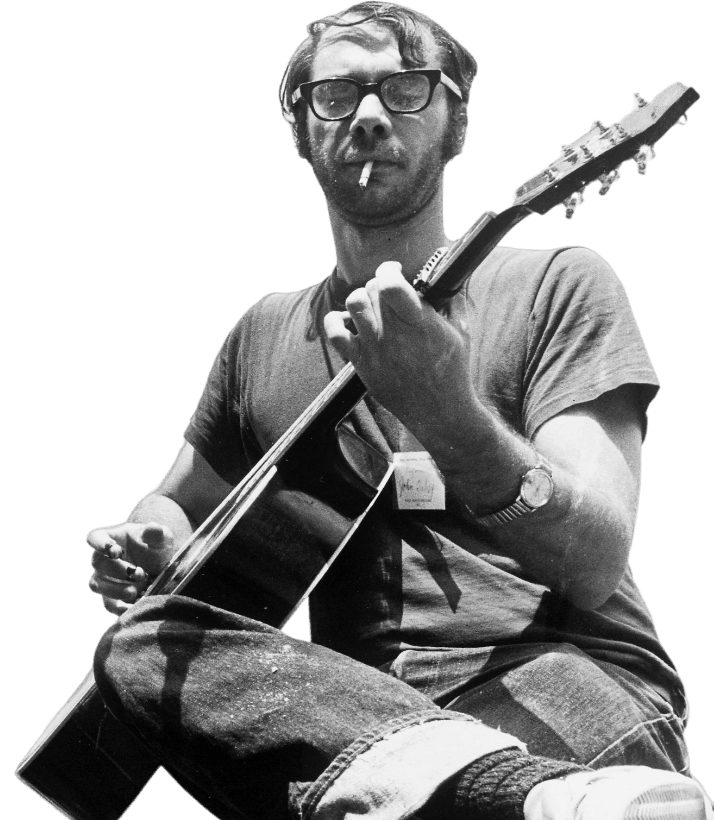
John Fahey is the man who introduced the stream of consciousness into folk music, and turned folk music into classical music, and then made it cross the boundaries of western and eastern music. The spiritual father of the "american primitive guitar", Fahey turned the guitar solo into a metaphysical exercise.
Vampire Vultures
2009 reprint, originally published in 2000. The publication of How Bluegrass Music Destroyed My Life did a great deal to spread the word of John Fahey's literary talents, though sadly only a year before he died. Vampire Vultures is an unexpected gift and should ease the grief of those who thought they would never hear anything from John Fahey again. Originally a project of his own conception, it was to be an epic work that would expand on many of the characters and experiences he introduced in B…
Your Past Comes Back to Haunt You
Subtitled: The Fonotone Years 1958-1965. More than 10 years in the making, this box set features the earliest recordings and the first book ever written about one of the most influential guitarists from the 1960s and '70s, John Fahey. The five CDs feature 115 tracks, most of which are available on CD for the first time. The audio was remastered from Joe Bussard's reel-to-reel tapes to achieve pristine sound quality. As for the accompanying book, the list of scholars who contributed essays includ…
How Bluegrass Music Destroyed My Life
2009 reprint, originally published in 2000. John Fahey is feared and revered around the world as a guitar player and composer. His inventions for acoustic and electric strings are the stuff of legend. Since he began recording in Maryland in the late 1950s, Mr. Fahey's access to the unknown tongue has been made manifest on over 30 albums, and his presence has unsettled audiences from here to Tasmania. He has served as a spiritual model for guitarists as disparate as Leo Kottke and Thurston Moore.…
The Yellow Princess
Originally released in either 1968 or 1969 depending on your sources, The Yellow Princess saw a post-philosophy degree, subculture-aware John Fahey branching out from his earlier, more traditional work. He earned his name back in 1959 at the age of 20, with his Blind Joe Death debut album. Following that album Fahey engaged in a wide stylistic range, from Appalachian-style finger picking to delta blues, but this album and its partner Requia, both for the Vanguard label, took Fahey to places for …
